In this blog post, I’m sharing my five strategies for making the most of my teacher summer break to feel refreshed and reinvigorated for the next school year.

Hopefully, you don’t have a whole lot of “school work” over the summer. And, ideally, the last few days of the school year you have time to consider the next school year, rather than rushing around trying to finalize grades and close out your room. But… ideal situations don’t always happen.
While there are strategies for closing out your room more efficiently and effectively (I love Angela Watson’s advice from her 40 Hour Teacher Workweek Club!), some schools host mandatory meetings and give teachers a seemingly endless list of “must do items” before they leave for the summer. This all can leave little to no time to look ahead or even to reflect!
Thus, as is all too common with teaching, you are left with a choice: work throughout your “off” time during your teacher summer break (technically unemployment or “vacation” as too many people call it) or be totally unprepared when August comes around.
Even after changing my strategies for closing out the school year, no matter how fast and furious I work, there isn’t enough time to really pause and look back or look forward. Maybe you have it figured out, but I know every summer there will be a few, if not several, days during which I will be planning and prepping for the next school year.
For me, I love developing curriculum, so I’m mostly accepting of this sacrifice. Are there still moments when I resent needing to work without being paid? Yes. Of course. But, I know myself and being prepared is more necessary than continuing to lounge on my couch and perfect the indent on my favorite side of the couch that I worked hard to develop throughout June and July.
With this said, what can you do over summer to refresh yourself and prepare a little for the next school year? Here are the five things I do every teacher summer break to feel just a wee bit more ready for August.
#1 Take time away
Yep. The number one way that I prepare for the next school year is to not think about school.
The guaranteed thing I take time away from is my emails. For some, they don’t mind checking work email on their “off time.” I hate it. I also would live without a phone if I could, or I would revert back to a flip phone.
I do not like feeling reachable all the time, and if I were to check my work email regularly over summer, I wouldn’t last long in teaching. Most of the time, the emails are sent out to the entire school population and don’t apply to me, but they still pull a response from my brain. I get stressed, worried I’m missing something. As the meme says, “nobody got time for that.” Especially not over summer.
For the first month or so of my teacher summer break, I do not think about work at all, unless I feel inspired to do so.
Take your time away!
During “vacation time,” teachers are technically unemployed, we are 10 month employees, paid for a designated number of days that we work. So, use that knowledge as permission if you need it to say “no” to thinking about work, to doing work, to even acknowledging that work exists.
June is my month of freedom!
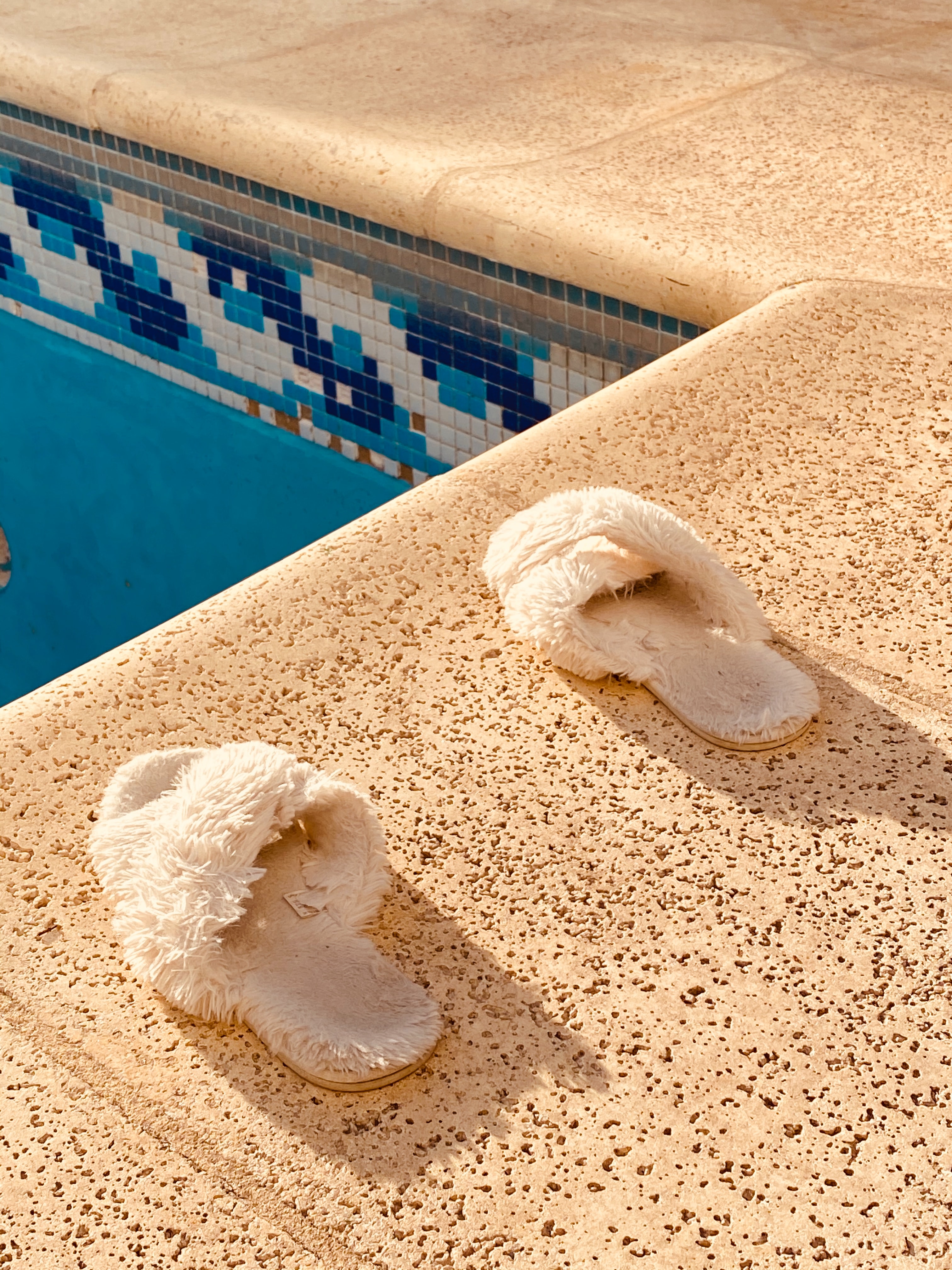
#2 Do all the things
While taking time away from work, what should you do?
You should do all the things that you always lament you “don’t have time for” during the school year. Those hobbies and trips you’ve wanted to take part in? Now is the time!
For me, this means reading a lot of books. When I talked about making an indent on my couch… that was serious. I want to become one with my couch, reading all the books, without looking at the clock and thinking, “I should really be productive right now.”
Nope. Productivity has no place in my summer plans for at least two to three weeks, or until I get restless. I like to feel accomplished, and for a while reading books will result in this feeling, and then I reach a point when I need to make or do something.
When I feel that itch to do something, I start to cultivate my other hobbies. As I said, I like to feel productive, so I like activities that result in a “product” like crafting or baking. In the past few years, I’ve gotten into creating wall weavings.
I love yarn, but I’m a little too impatient to really invest in knitting. I will start knitting projects… and then abandon them. About a year ago, I came across a YouTube video about how to create a giant wall weaving. Had I done weaving before? Sure, in fifth grade as a class activity. Did I really know anything? No. Did this stop me from starting on a giant project? Nope.
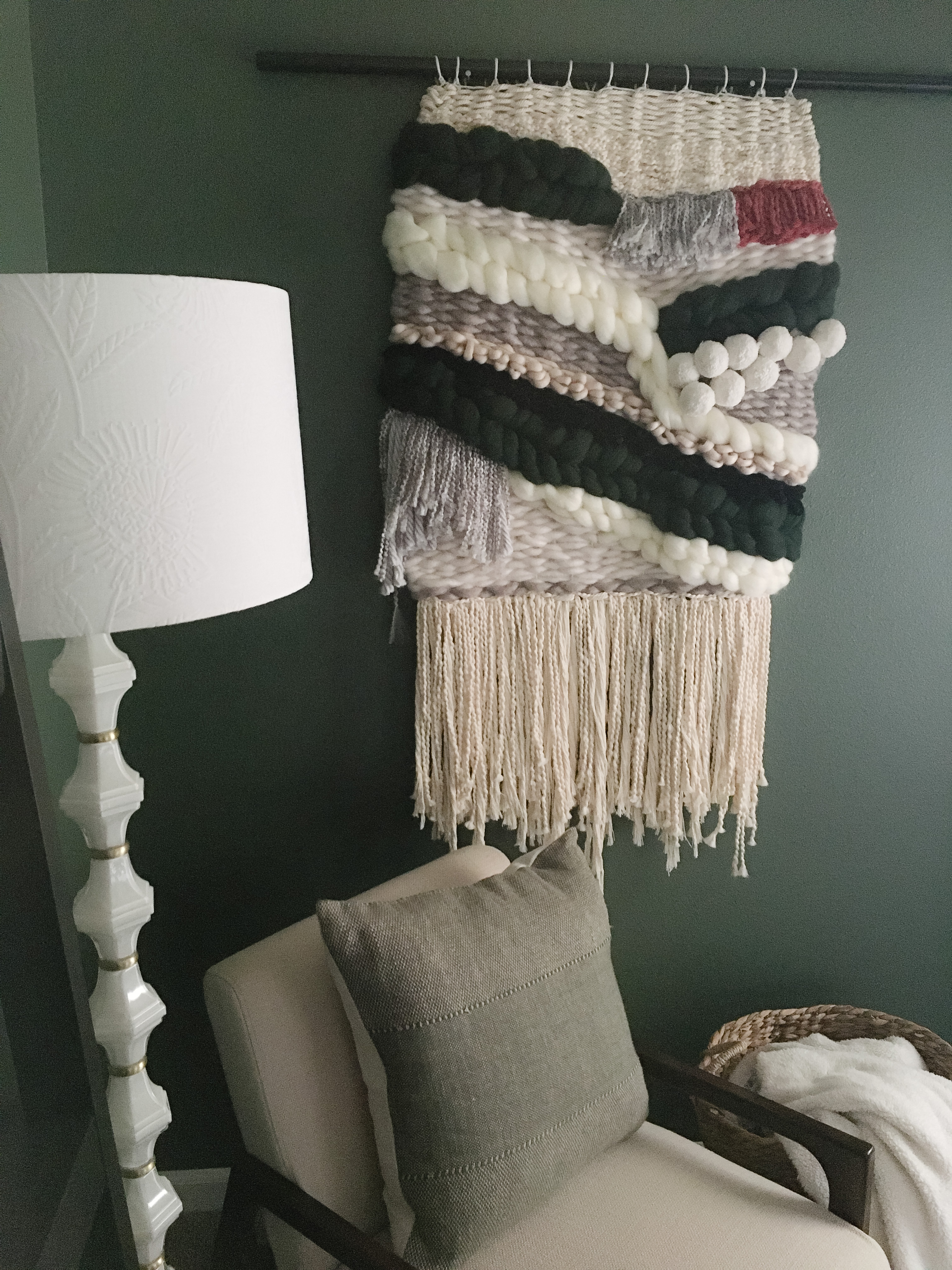
And, despite some doubts, I finished the project and it now hangs in my office! Boom.
Talk about a successful teacher summer break!
Ultimately, over summer, do activities that invigorate you. If you want to learn something new, do it! Maybe you’d rather travel, or watch documentaries, or see every movie that comes out. Whatever makes you feel good, whatever makes you feel fulfilled, spend the time doing those things.
#3 Start building (or building back up) helpful habits
The end of the school year is stressful. Typically, this is the time of year when my positive habits start to slip. I start to eat out more regularly, and not always “good” food. Also, the tiredness sets in and it’s just that much harder to wake up and workout. Even knowing that eating healthy and exercising makes me feel better, the end of the school year has some magical power to convince me that “it’s ok” to just abandon those habits.
And, to be honest, nearly my entire first year of teaching was this way. I still maintained some healthy habits, but that first year is exhausting! Cooking was not on my agenda, so take out was a regular thing. Not good for the bank account or my health. When I set my alarm early that first year, it wasn’t to work out, it was to make sure my lesson plans were set, or so I could get to work early and prepare something.
If this happens to you, whether your first year or tenth, I get it.
Summer is a great time to realign yourself with your goals and ideal habits.
In between working on my craft projects and perfecting the indent on my couch, I know that I need to move each day. Also, I know this needs to take priority in my daily plans, because I live in a place where it’s common to have 100+ degree days, and I’m not exercising in that heat.
In June and July, my days conform around when I need to exercise and what I want to eat.
Yep. I seriously plan my days around food. I mean, who wouldn’t want to do this? Even though I have moments of weakness, I try to plan out snacks and meals that are enticing enough that I don’t resort to drive thru or take out. Usually, I watch a lot of YouTube videos or scroll through my favorite food blogs to find recipes to try.
As a disclaimer, I will also admit that I am not the cook of the house, so I tend to find recipes and share them with my husband for him to look over. In our house, I like to make breakfast and bake treats, and while I’ll help out, I hate making dinner–too many steps. Luckily, my husband is willing to cook! 🙂
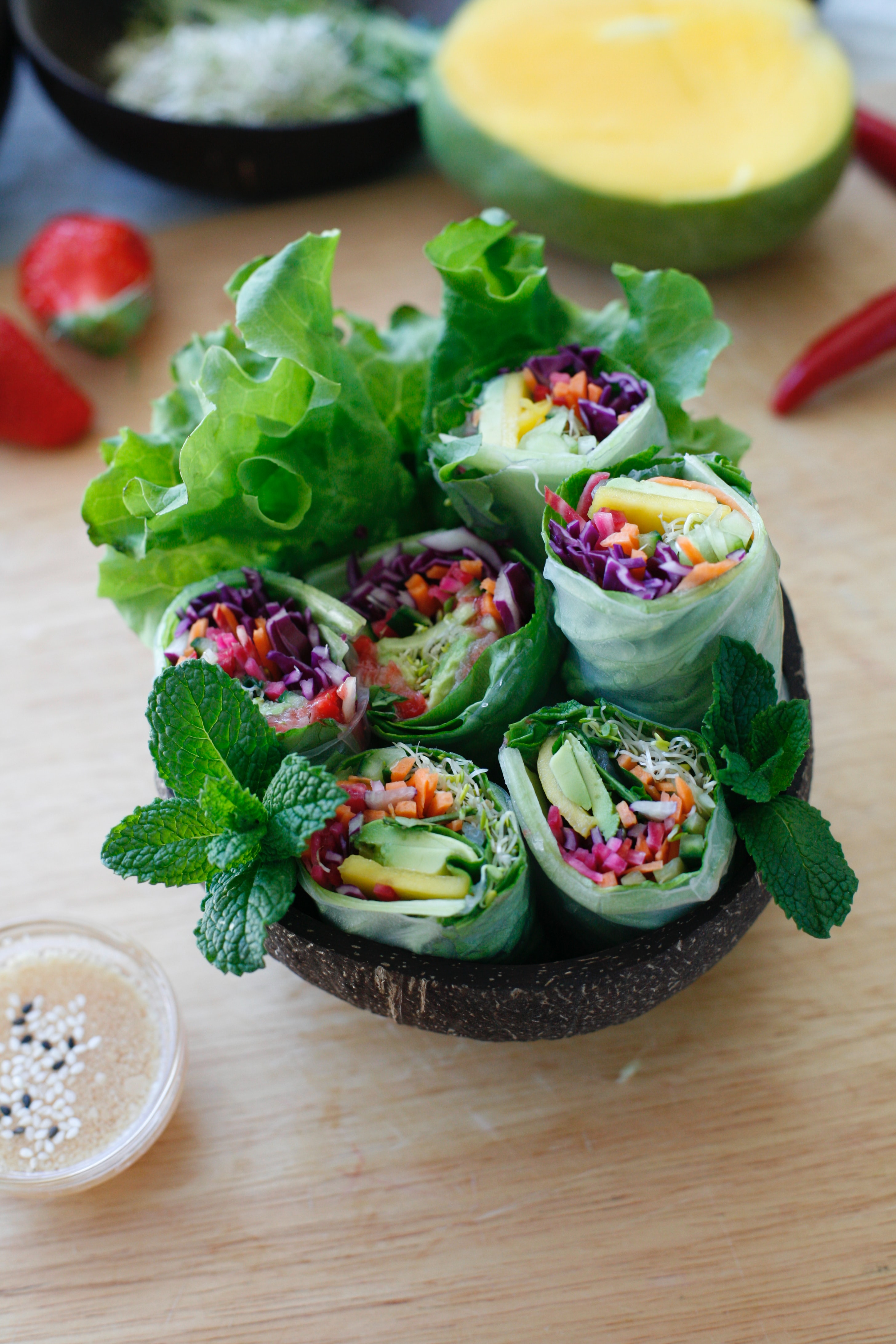
#4 Reflect on the previous year
Eventually the time does come around when I’m ready to start thinking about the next school year. Before I dive into what and how I plan to teach for the upcoming school year, I like to reflect on the previous year. I’ve written a whole post about how to reflect, so I won’t elaborate on the process too much here.
Typically, summer reflections involve big picture ideas first. In general, what did I feel went well? Not so well? What are some potential reasons these areas succeeded or flopped? For the flops, should I abandon that concept and find something else, or does it just require tweaks?
From there, I start to think about specific assignments that I may integrate again and ask the same questions.
If you’re a newer teacher, it might be most fruitful to consider classroom management as your starting point of reflection, rather than curriculum. For students to learn, they need to be in a classroom where they feel comfortable enough to do so. And, the first few years of teaching are usually about developing your ability to craft the type of environment in which students can feel comfortable and productive.
Before we can teach students anything, we need to foster an environment where negative behaviors are dealt with in a positive way–in a manner that does not derail the whole class or detract from everyone else’s learning. Although classroom management and environment is not a tremendous focus for me anymore, I still reflect on cultivating relationships with students. Plus, I spend time on other areas.
In short, over my teacher summer break, I like to consider the highs and lows. Then, I consider how I can either replicate or avoid those the next time around.
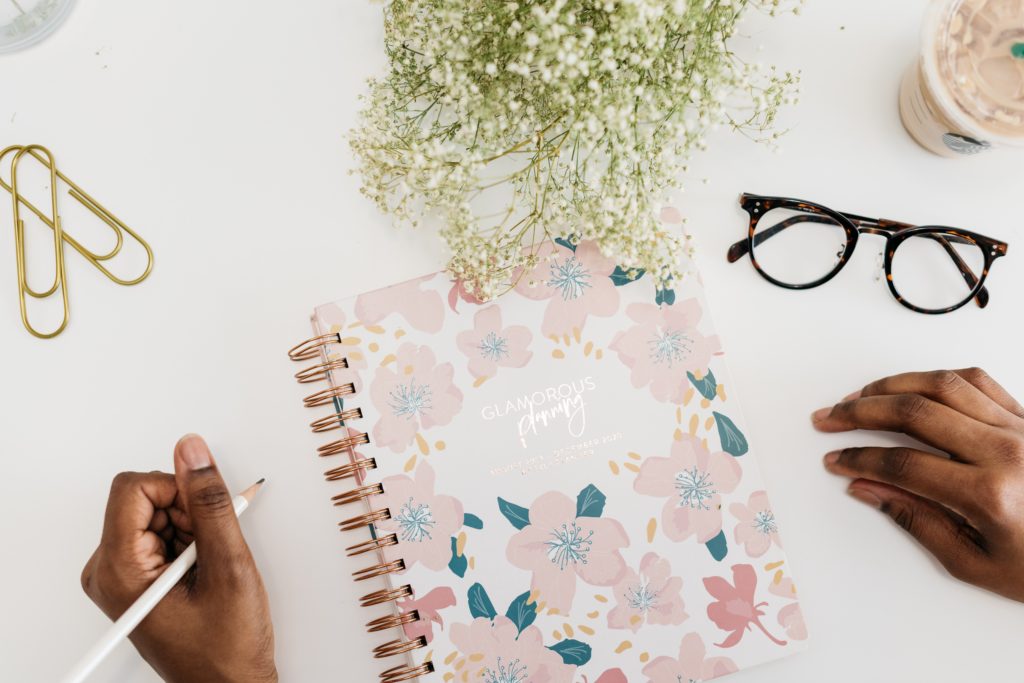
#5 Plan for the next school year
Finally, toward the end of my teacher summer break, I will start to work on plans for the upcoming school year. Sure, they may be other times I feel inspired to plan or create content, but I don’t stress over it.
For me, this means thinking about curriculum design and reading through notes and reflections. From there, I will start to set up the handouts and build out the curriculum map for the semester. However, if creating or revising curriculum is not an enjoyable part of teaching for you, don’t do it. Instead, do whatever part of teaching inspires you.
Perhaps you prefer the more tangible aspects. For example, setting up a website or Google Classroom, revising a pacing guide, finding curriculum from others, deciding which books or readings to do, researching videos and sources to implement, reconfiguring your classroom layout. Whatever part of preparing for students inspires you, or makes you feel ready, do that.
Another part of what I like to do is research what other teachers have done in their classrooms. I’ll look through my favorite teacher-blogs and investigate the amazing things these teachers have done for inspiration.
These are the five steps I take each summer to refresh and reignite myself for the next school year. Without them, my teacher summer break feels incomplete, and I dread the upcoming school year.
Something else I like to do, but isn’t really a regular step: culling and rebuilding my wardrobe. For me, having tried and true outfits I feel good in and good about make my days better… especially the hard days when I don’t want to go to work or get out of bed.
If you have other strategies, please share them!
As always, happy teaching 🙂
 6 Essential Distance Learning Tools for Teachers
6 Essential Distance Learning Tools for Teachers Thoughtful Teacher Gifts for Teacher Appreciation Week
Thoughtful Teacher Gifts for Teacher Appreciation Week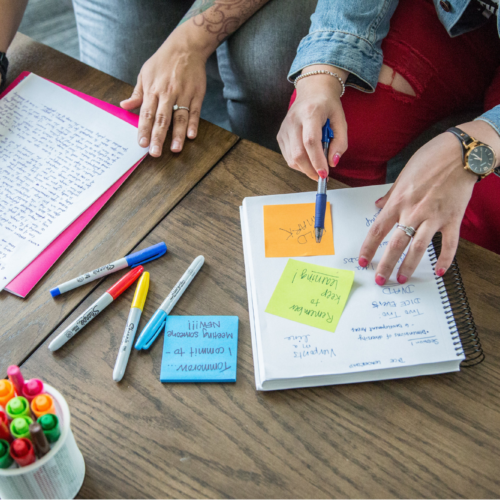 Student Writing Conferences: A Guide
Student Writing Conferences: A Guide